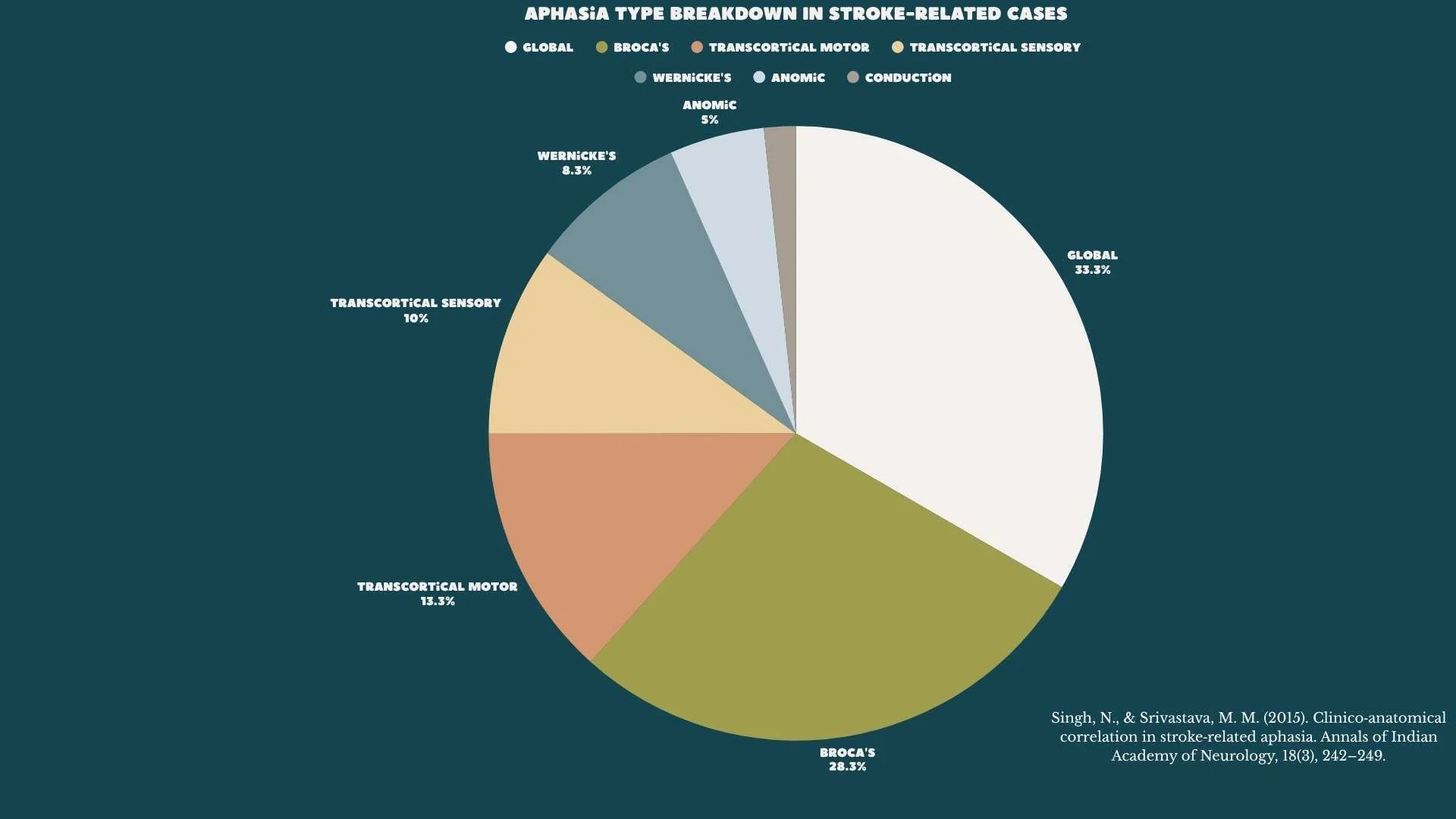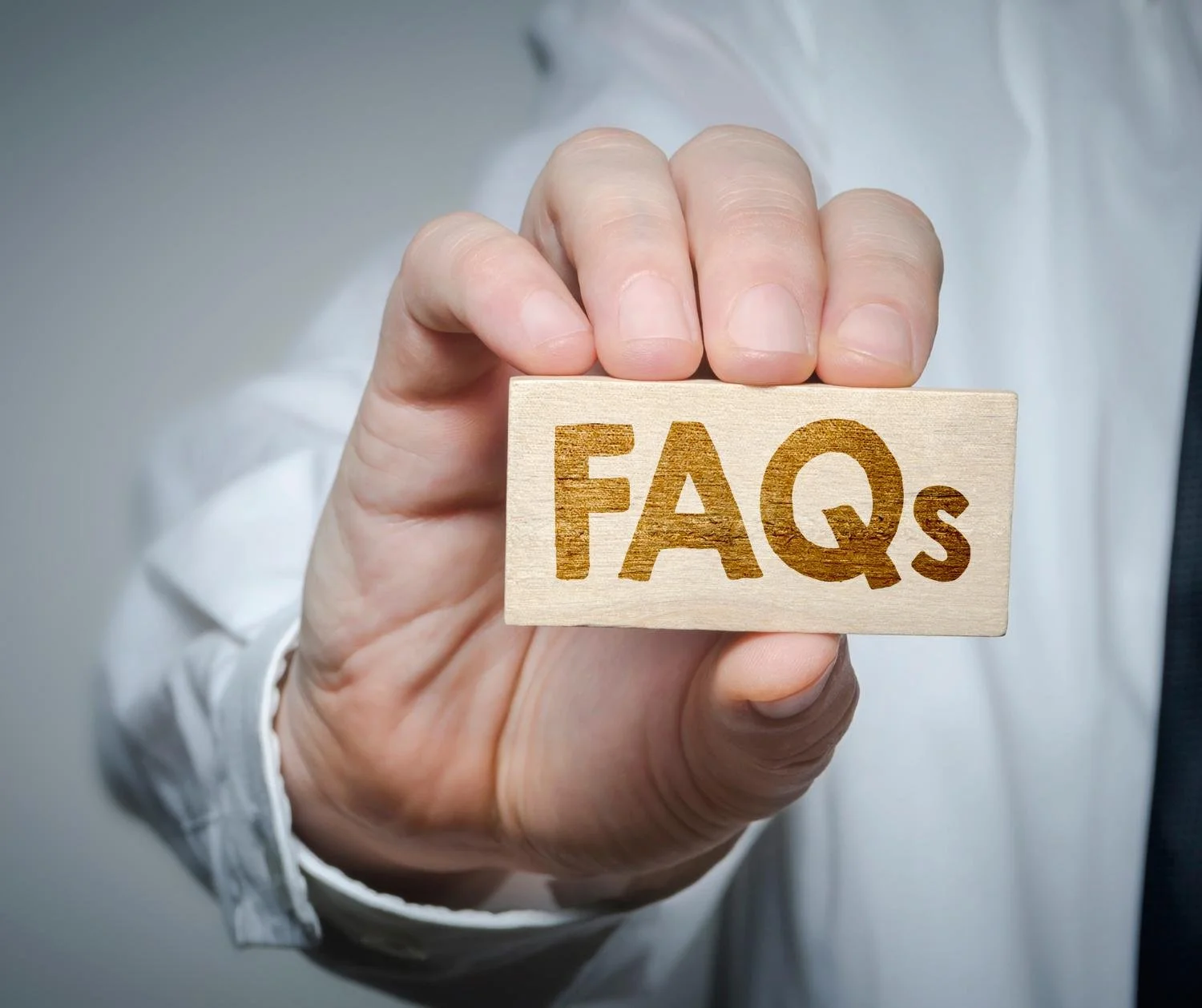Anomia Speech Therapy: Strategies to Improve Word Recall
Anomic aphasia is a condition where a person knows what they want to say but struggles to find the right word. It can result from stroke, brain injury, brain tumors, epilepsy, infections like encephalitis, neurodegenerative diseases like Alzheimer’s, or developmental conditions in children.
In some cases, anomia can also appear without clear structural damage, such as after a seizure or with certain psychiatric conditions. Speech therapy helps by teaching strategies that support word retrieval, making everyday communication clearer and more confident.
Key Takeaways:
What It Is: Anomic aphasia is a word-finding difficulty where a person knows what they want to say but can’t recall the exact word. Speech remains fluent, but hesitations and vague terms like “thing” are common.
Who It Affects: It can affect both adults and children. Causes include stroke, traumatic brain injury, brain tumors, epilepsy, neurodegenerative diseases like Alzheimer’s, infections, or developmental differences.
Types of Anomia: These include word selection anomia, semantic anomia, modality-specific anomia, category-specific anomia, and phonological anomia. Identifying the kind helps guide therapy.
Diagnosis: A speech-language pathologist uses conversation, naming tasks, imaging, and hearing tests to assess language breakdown and rule out other conditions.
Role of Therapy: Therapy focuses on rebuilding word-retrieval pathways through cueing, thematic word practice, and supportive tools such as visuals and gestures. For children, therapy is often play-based and tailored to their developmental level.
What Is It and How Is Anomic Aphasia Diagnosed
Speech and Language Therapy and Anomia Treatment Techniques
Signs It Might Be Time to Start Anomia Speech Therapy
What Is It and How Is Anomic Aphasia Diagnosed
Anomic aphasia is a mild form of aphasia where the main challenge is word retrieval. A person may speak fluently and understand language well, but often pauses or uses vague words because they can’t access the correct word. This kind of language disorder affects both speech production and lexical retrieval, even though other language skills may stay intact.
Speech and language pathologists use several tools to make a proper diagnosis. The evaluation usually includes verbal tests, object naming tasks, and conversation to identify word-finding difficulty. Imaging tests, such as magnetic resonance imaging (MRI) or CT scans, help detect brain damage, especially in the left hemisphere, where language processing typically occurs in right-handed individuals.
Anomic aphasia may appear after a traumatic brain injury, stroke, or in people developing aphasia from conditions like Alzheimer’s disease. It can also be seen in cases of amnesic aphasia or in children with language comprehension challenges. Identifying the type of anomia, such as semantic anomia, word selection anomia, or modality-specific anomia, helps shape a therapy plan that improves speech and strengthens communication in daily life.
Types of Anomic Aphasia
Anomia presents in different forms depending on how language is processed and where the disruption occurs in the brain. Each type affects word retrieval in a distinct way, which is why a proper diagnosis by a speech-language pathologist is so essential.
Word Selection Anomia: A person can recognize objects and describe them, but cannot retrieve the correct word. This is one of the most common patterns seen in anomic aphasia.
Semantic Anomia: The connection to the meaning of a word is weakened. People may struggle to name or describe familiar items, even though their overall speech abilities remain fluent.
Modality-Specific Anomia: Word-finding difficulty is tied to a specific sense. For example, someone may be able to name an object when touching it but not when seeing it. This pattern illustrates the connection between sensory information and language processing.
Category-Specific Anomia: A person has difficulty naming words from a specific category, such as animals, tools, or colors. Other word categories remain unaffected, pointing to selective disruption in lexical retrieval.
Callosal Anomia: This rare form typically results from brain damage affecting the corpus callosum, which connects the brain’s left and right hemispheres. It impacts a person’s ability to retrieve words presented to the left visual field.
Understanding these differences allows for more effective language therapy. When anomic aphasia is diagnosed correctly, treatment can be tailored to address the specific type of breakdown. This targeted approach supports clearer, more confident speech in daily life.
What Causes Anomia?
Anomia occurs when brain regions responsible for language are disrupted. The most common source is damage to the left hemisphere, where the brain’s primary language centers are located. Word-finding issues often reflect problems with language processing, word storage, or access to lexical information.
Here are some of the leading causes of anomic aphasia:
Stroke: Interrupts blood flow to areas involved in speech and language. Damage to the left side of the brain frequently leads to word retrieval problems.
Traumatic Brain Injury (TBI): Injuries from accidents or falls can harm neural pathways tied to language. Word recall can often become a challenge, even if someone can still speak fluently.
Alzheimer’s Disease: In early stages, this neurodegenerative condition often affects language comprehension and lexical retrieval. People may substitute vague words or describe objects when they can’t find the right word.
Brain Tumors and Infections: Conditions such as encephalitis or tumors in the language center can create similar symptoms to aphasia by pressing on or damaging critical language networks.
Developmental Language Disorders: Children may show signs of developing aphasia, especially in conditions that affect brain development or result in preserved architecture with impaired function.
Seizure Disorders and Psychiatric Conditions: In rare cases, people can experience word-finding problems after seizures or in conditions like schizophrenia, where language may be disorganized.
Each case of anomia reflects an underlying cause that must be identified. Brain imaging tests, such as MRI, help locate damage, while language therapy is adjusted to meet the person’s specific needs and symptoms.
Speech and Language Therapy and Anomia Treatment Techniques
Anomia speech therapy focuses on rebuilding access to words and improving overall language skills. A speech-language pathologist works one-on-one to identify the specific type of anomia and create a treatment plan that targets the individual's unique challenges. The goal is to foster clear and confident communication in daily life.
Speech therapy techniques may include naming exercises, cueing techniques, and compensatory strategies to help when the right word is not readily available. These activities strengthen language processing and help retrain the brain’s pathways for word retrieval. For individuals with conditions like traumatic brain injury, Alzheimer’s disease, or other communication disorders, consistent speech therapy can slow language decline and maintain functional communication.
People experiencing anomia symptoms, such as frequent pauses, vague words, or trouble naming familiar objects, benefit most when therapy is focused and consistent. Some clients present with semantic anomia or modality-specific anomia, while others are recovering from severe aphasia. In all cases, therapy is personalized to support meaningful improvements in speech and confidence.
Speech Therapy for Aphasia
Check out our blog on speech therapy for aphasia for more information!
Signs It Might Be Time to Start Anomia Speech Therapy
Forgetting a word occasionally is normal, but frequent word-finding issues may indicate a more serious language disorder. If someone often pauses mid-sentence, uses vague words like “thing” or “stuff,” or struggles to name familiar objects, these could be symptoms of anomia. These challenges can make everyday conversations frustrating and affect confidence.
Early treatment matters, especially after a brain injury, stroke, or in the early stages of Alzheimer’s disease. The sooner speech and language therapy begins, the more opportunity the brain has to rebuild language pathways and improve speech. A speech language pathologist can provide a proper diagnosis and start creating a plan to strengthen word retrieval and support communication.
If you notice clear patterns of difficulty with language, anomia therapy can offer practical tools to ease the struggle and bring more clarity to daily communication.
Frequently Asked Questions About Anomic Aphasia
1. How do you treat anomic aphasia?
Anomic aphasia is treated through personalized speech therapy that focuses on improving word-finding skills.
A speech-language pathologist uses techniques such as cueing (giving hints, such as the first letter or sound), category-based word practice, and visual supports to help individuals recall words more easily. The therapy is tailored to each person’s needs, helping them communicate more confidently in everyday situations.
2. What are the warning signs of aphasia?
Warning signs of aphasia include frequent difficulty finding the right words, using vague language such as “thing” or “stuff,” speaking in incomplete sentences, or difficulty understanding others.
You might also notice someone struggling to name familiar objects or pausing often during conversations. These signs can appear suddenly, such as after a stroke, or gradually in conditions like Alzheimer’s disease.
3. Can you fully recover from aphasia?
Recovery from aphasia depends on the cause, severity, and the timing of treatment initiation. Many people with anomic aphasia are still able to speak fluently, even if they have trouble finding specific words.
Some people make a full recovery, especially with consistent speech therapy, while others may continue to work on their communication skills in the long term. Even if full recovery isn’t possible, many individuals make significant progress and find new ways to express themselves with support from a speech therapist.
How Connected Speech Pathology Can Help
Connected Speech Pathology offers individualized speech therapy for people experiencing word-finding challenges related to anomic aphasia, stroke, brain injury, or other neurological conditions. Each session is led by a licensed speech language pathologist and tailored to the client’s communication goals and language needs.
All services are provided remotely, allowing clients to access expert care from the comfort of their own homes. This approach facilitates steady progress and eliminates the barriers of travel and location, making speech therapy more accessible for children and adults alike.
Our team has years of experience helping clients improve word retrieval, strengthen language skills, and rebuild confidence in daily communication. Through consistent, personalized support, we help people move forward with more clarity and ease in how they speak and connect with others.
Summary
Finding the correct word can be frustrating, but speech therapy offers real, effective ways to improve communication. Whether caused by severe aphasia, Alzheimer’s, or brain injury, support is available.
With the right therapy and consistent guidance, progress is possible. If you or a loved one is facing these challenges, now is a great time to reach out and take the next step toward clearer, more confident communication.
About the Author
Allison Geller is a communication coach, speech-language pathologist, and founder of Connected Speech Pathology, an international online practice providing professional communication coaching and speech therapy for children, teens, and adults. With more than two decades of experience, she has worked in medical and educational settings, published research on aphasia, and leads a team of specialists helping clients improve skills in public speaking, vocal presence, accent clarity, articulation, language, fluency, and interpersonal communication.










